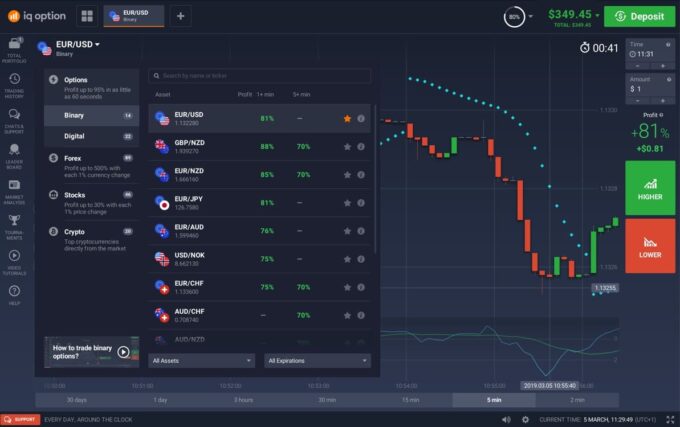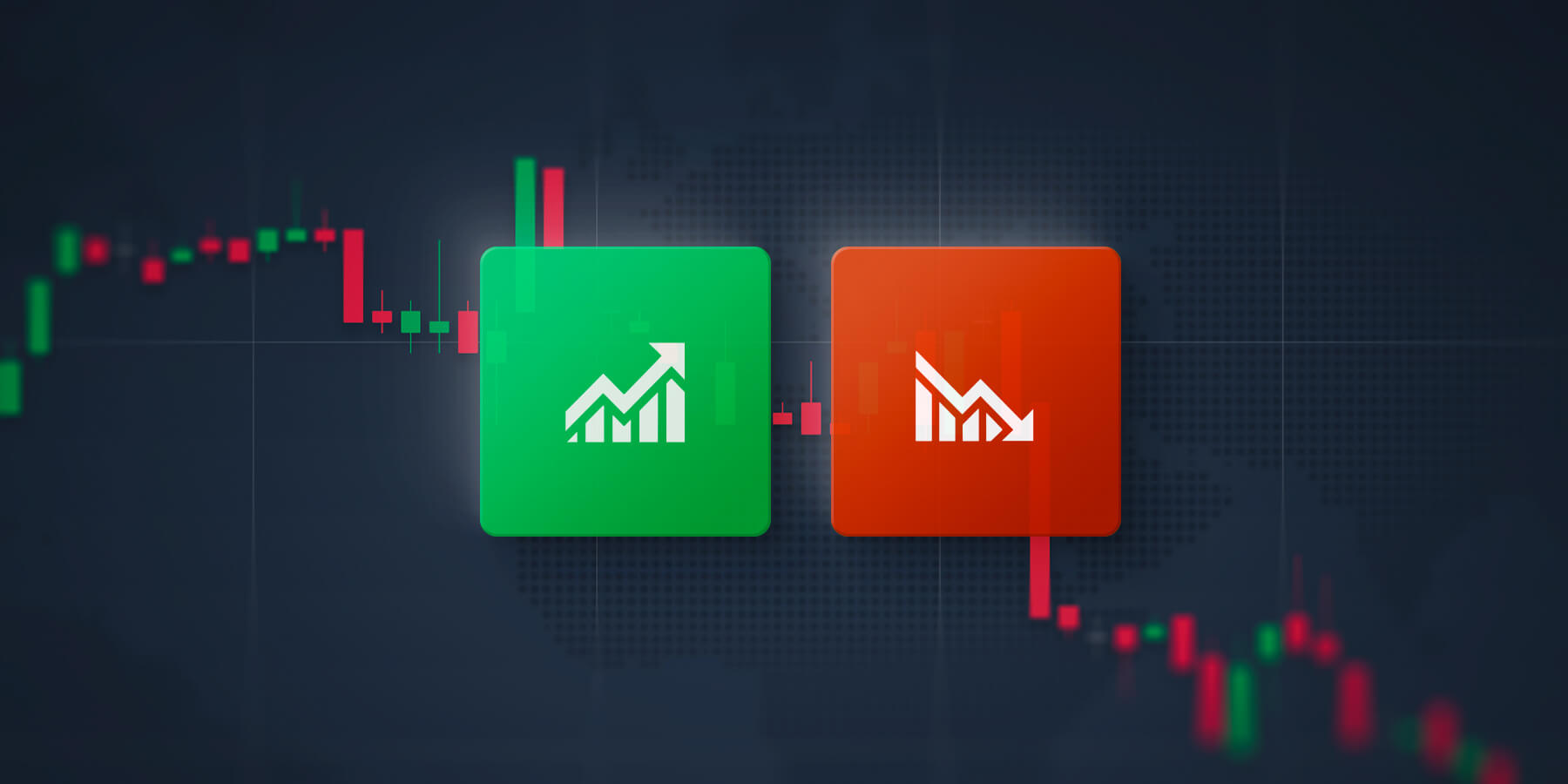A lot of people still believe in the myth that binary options trading is illegal. While it’s pretty easy to fall victim to this sham information, it could cost you a lot as you stand to lose a lot by not taking advantage of the market and building wealth. While several countries may ban certain currency exchanges and trades for various reasons, binary options trading remains legal in most jurisdictions but with adequate regulations to protect brokers and traders alike.
In this article, you will discover the importance of registering with a regulated broker and the various ways through which the binary options market is regulated.
Importance of Regulation in Binary Options Trading
On a surface level, the need to discuss the importance of regulations in binary options trading may seem superfluous because any reasonable person would know that regulations help safeguard the market. While this is true, we would still like to help you gain a deeper understanding of why these rules are not just important but also non-negotiable.
Going by the definition of regulations, the purpose is quite clear. Every market needs a structure. That’s inarguable. For the binary options market to function appropriately while carving out a safe avenue for wealth building, there is a need for rules and regulations. These rules underpin transactions, safeguard safe competition and ensure physical rights.
More so, binary options regulations offer a high level of security for companies and their clients. You may think the rules are just for your protection as a client, but that’s not true. If this is all the regulation is about, then it would be extremely one-sided and dangerous. With these regulations, there is an assurance of brokers’ safety and mitigation of broader market failures. On your part as a trader, you are protected from abuse, scams, and other fraudulent and unethical activities.
Overview Of Regulatory Frameworks For Binary Options Trading

The regulatory frameworks for binary options trading differ from country to country. Due to the high level of risk encountered in some countries, they have outlawed binary options trading, while others have put in place regulatory measures to safeguard investors. We will give you a brief overview of different binary options regulatory frameworks and the key players involved.
Beginning with the European Union, the European Securities and Markets Authority (ESMA), in response to the significant risk experienced in this sort of trading, outlawed binary options trading throughout the European Union in July 2018. Regardless, some European nations, including France and the United Kingdom, continue to permit binary options trading under stringent restrictions.
In the United States, the Commodity Futures Trading Commission (CFTC) and the Securities and Exchange Commission (SEC) regulate binary options trading. Consequently, binary options trading is legal but only on a binary options platform on the Designated Contract Markets (DCMs) of the CFTC. The CFTC goes on to provide binary options trading platforms that are not listed on the DCMs as RED (Registration Deficit) list brokers.
Moving on to Australia binary options trading is legal and requires that all brokers have an Australian Financial Services (AFS) license before offering any services. In this country, the Australian Securities and Investments Commission (ASIC) regulates binary options trading.
Additionally, binary options trading in Japan is regulated by the Financial Services Agency (FSA). Even though trading in binary options is lawful, there are high regulations and brokers need to have FSA licenses before they can provide their services.
Furthermore, the regulatory framework for binary options trading in the United Kingdom is overseen by the Financial Conduct Authority (FCA). Binary options brokers are obligated to obtain a license from the FCA to operate, and the FCA conducts regular monitoring to ensure compliance with regulatory requirements and fair treatment of customers.
In essence, before you start to trade binary options, you need to consider your specific location and verify if it is legal in your locality. If it is, you need to take another step further to determine which binary options broker is best for you according to its regulation and how much you would be protected if you bypass a broker registered in your country for one registered under the binary options law of other nations.
Implications of Regulatory Frameworks on Traders

For every regulation that is created for binary options trading, there will be an implication, whether positive or negative. Given that most jurisdictions want to promote trading, the rules are always tailored to ensure the security of traders as well as place restrictions on certain acts that will lead to the downfall of the market in that country. No matter what, binary options regulations will surely affect traders.
How Regulatory Frameworks Affect Traders
It is vital for you to know that regulatory frameworks in binary options trading are tailored to provide you with a safe, fair, and stable trading environment. This is why it would be trading suicide to forgo binary options platforms duly licensed by the right authorities for one not registered and has no reputation to uphold.
Here are some ways in which regulatory frameworks can have a positive impact on traders in binary options trading:
1. Investor protection

Regulatory frameworks assist in securing traders’ access to honest and open trading practices while safeguarding them from fraudulent operations.
2. Increased market trust
The existence of regulatory frameworks aids in boosting market confidence in binary options trading, which would also encourage more traders to enter the market and potentially increase liquidity.
3. Clear rules and guidelines
Regulatory frameworks give binary options brokers clear rules and guidelines to follow, which can help to decrease uncertainty and the risk of errors or misunderstandings.
4. Increased market stability
By ensuring that binary options brokers adhere to certain rules, regulatory frameworks can support the development of a trading environment that is less susceptible to jarring price fluctuations or market shocks.










